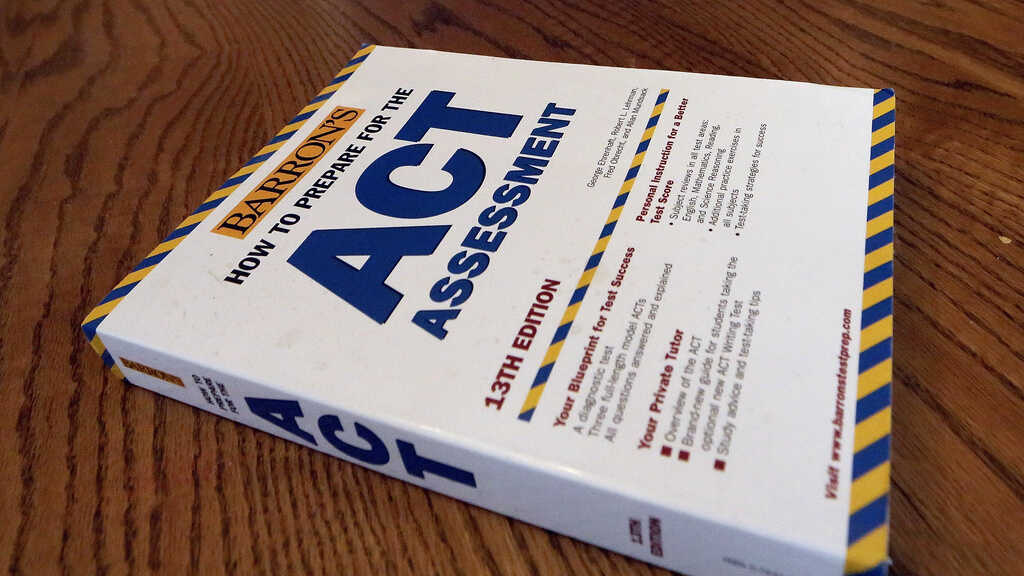The Role of Parents in Student-Athletes’ Success Beyond the Game

As the landscape of student-athletes’ education and career development continues to evolve, there’s an increasing realization that the support they receive from their families plays a crucial role in their success, both on and off the field. While universities and athletic programs provide essential resources and guidance, it’s the foundation set by parents that truly impacts a student-athlete’s growth and preparedness for life after college sports.
In recent years, the conversation around the effectiveness of the traditional college experience has shifted. Rising tuition costs, overwhelming student loan debt, and an unpredictable job market have caused many to question if the college route is always the best choice. A study by ResumeGenius shows that 25% of Gen Z, including many student-athletes, regret going to college or wish they had pursued a higher-paying field, such as tech or healthcare. This sense of regret often stems from the pressure to balance athletics, academics, and financial concerns, leading many to reassess their career paths post-graduation.
Student-athletes, much like their peers, are finding that their collegiate experiences—filled with rigorous schedules, intense training, and limited time for personal growth—may not always prepare them for the challenges of life after sports. With the increasing competition in both professional sports and the job market, student-athletes are feeling more pressure to make career decisions that will secure their financial future while navigating the complexities of NIL deals and post-college job opportunities.
However, this uncertainty is not solely tied to the institutions where student-athletes attend; parents also play a vital role in shaping their child’s future. While educational institutions set the academic and athletic curriculum, it’s parents who influence the mindset and values of student-athletes. Research shows that parental involvement, particularly in nurturing curiosity, setting learning priorities, and offering emotional support, can significantly boost a student-athlete’s performance both in sports and academics.
For many student-athletes, their athletic careers are fleeting, and they need to focus on building a future beyond their sport. As we see more student-athletes leave college sports without professional contracts, the financial pressure of student loan debt and uncertain job markets becomes a harsh reality. That’s where parents can make the difference. Just as parents support their children’s athletic training and mental fortitude, they must also provide guidance in career exploration and practical life skills that will equip them for post-graduate challenges.
In the same way that parents can encourage their children to excel in their athletic pursuits, they can also teach them to value experiences and skills that will serve them long after their sports careers end. This includes helping student-athletes find internships, pursue careers in emerging fields, and even explore entrepreneurial ventures.
The reality for many student-athletes is that while sports can offer immediate fame and recognition, the long-term success often comes from building a strong professional foundation beyond the playing field. So, it’s not just about excelling in the sport but also developing the resilience, skills, and mindset to thrive in an ever-changing job market.
As more student-athletes look ahead, it’s important that parents recognize the role they play in helping their children navigate the complex web of sports, academics, and career development. By providing emotional support, setting realistic career expectations, and guiding their children in making informed decisions, parents can be the key to ensuring student-athletes succeed—not just in the classroom or on the field, but in their professional lives as well.

